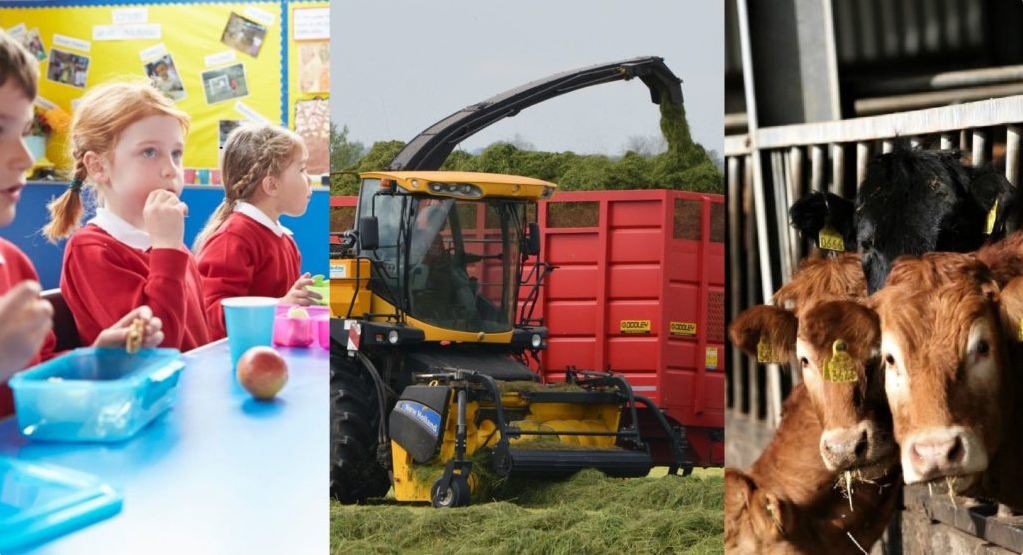The publication as of yesterday (Wednesday, October 7) of the latest target-based Climate Action and Low Carbon Development (Amendment) Bill 2020, is clearly a watershed for many reasons.
Not least because the bill definitively addresses the concern of the Supreme Court decision of August this year that Ireland’s climate change responses in the 2017 Climate Action Bill were not legally binding or capable of being understood as being achievable by an ordinary citizen…so amen to the ending of this doubt!
However, given the preamble to the bill’s publication – and in particular the singular attempts by media and activists to demonise the Irish agriculture sector’s environmental impact, while refusing to acknowledge its substantive and unique economic contribution – huge concerns remain.
Concerns
Does the bill represent a balanced approach to managing environmental compliance in conjunction with the underpinning of Ireland’s largest economic sector; in terms of jobs supported and Irish economy expenditure levels…or does same strain of sectarian misinformation desire a purely confrontational outcome whereby a win for the environmental zealots and hence a demonstrable loss for Irish farmers and agricultural business is the desired outcome?
If the latter is the case the Irish economy and Irish public, rural and city-based, will be poorer – and not necessarily purer.
But let’s be hopeful and positive: The bill represents an opportunity for a balanced transparent equitable approach to climate challenges.
A reasonable assessment of the performance and contribution of the agricultural sector over the last 10 years in will show that the sector is well capable of meeting the very significant challenge of continuing to deliver economic growth and economic relevance; while fundamentally embracing increased compliance requirements.
However, this is PROVIDING that the compliance requirements are science-based and balanced – and there is a truthful recognition of where the Irish agri-food sector is at, both economically and environmentally.
After all, if you don’t know where you are or how you got here, how can you realistically plan to get to somewhere else?
Understanding
In that context, in my view, a broad understanding of future direction requires a fact-based recognition of some fundamental realities – in the context particularly of Irish dairy growth since milk quotas were abolished – to correct the prejudices and mistruths proselytised in the “industrial farming” portrayal of recent dairy expansion.
- The background to Ireland’s dairy growth has been a 31-year period from 1984 to 2015 where milk quotas totally limited dairy production across EU member states;
- In this period Irish dairy production was capped at between 4.7 billion and five billion litres of milk;
- From to 1984 to 2015 New Zealand, our major grass-based dairy production comparator, saw its milk production increase from five billion litres to 20 billion litres;
- Irish dairy farms even in 2020 remain small-scale relative to our neighbours in the UK and even more so in comparison to New Zealand with the average dairy herd size there of 450 cows;
- The average dairy herd size in Ireland increased from 52 to 78 cows post quota abolition;
- The average dairy herd in Northern Ireland is 120, in England is 160, in Scotland is 190 and in Wales is 140, according to UK agency ADHB;
- So, other than through blind prejudice, how can Irish dairy farming be realistically described as industrial farming?
In addition, clearly deeper regulatory control and compliance is coming – but there must be transparent recognition that increased compliance means increased cost.
Balance
Finally, a balanced approach to sustainability must be based on recognition that the supermarket-dominated pricing regime of the last 20 years, which has undermined the economic value of food output by selling below cost or loss leading, cannot be the sole driver of prices and incomes in a sustainable future!
Ciaran Fitzgerald is a leading agri-food economist and former chairman of Meat Industry Ireland (MII).
